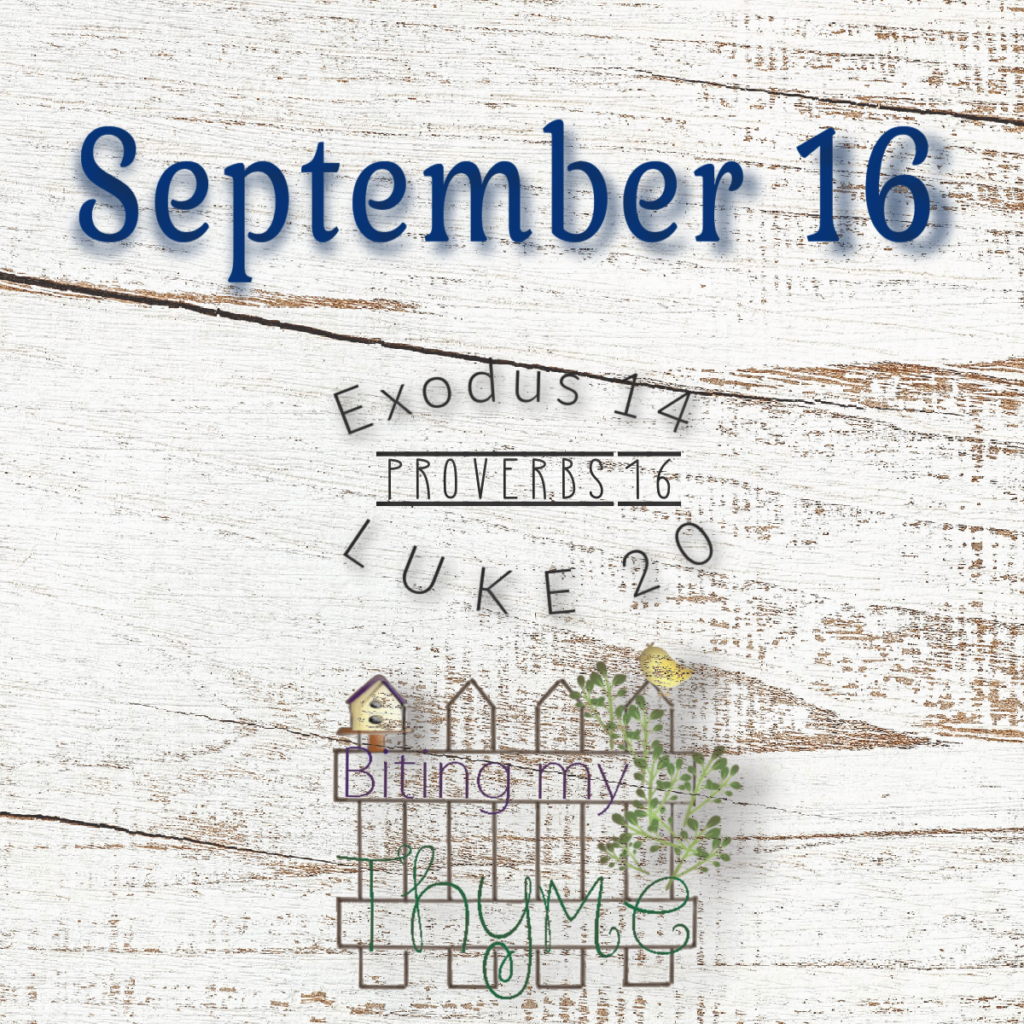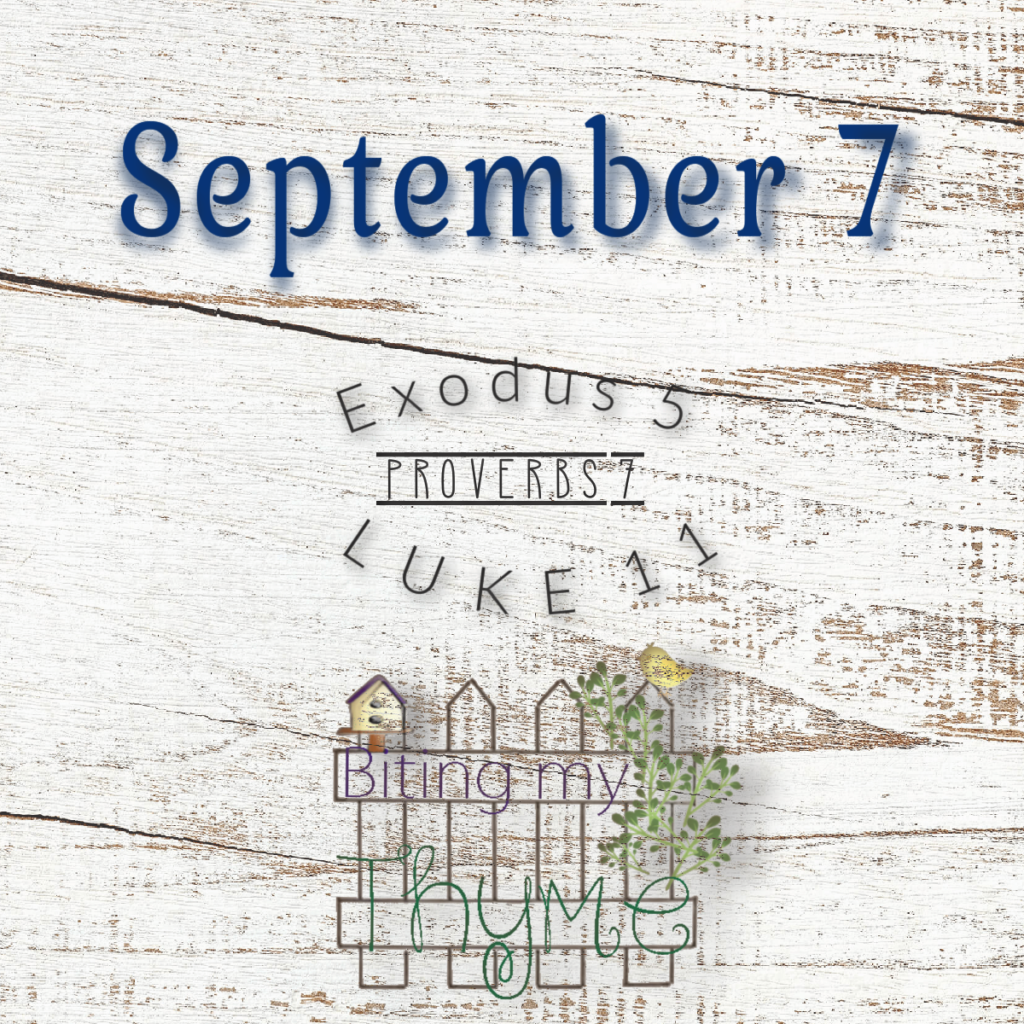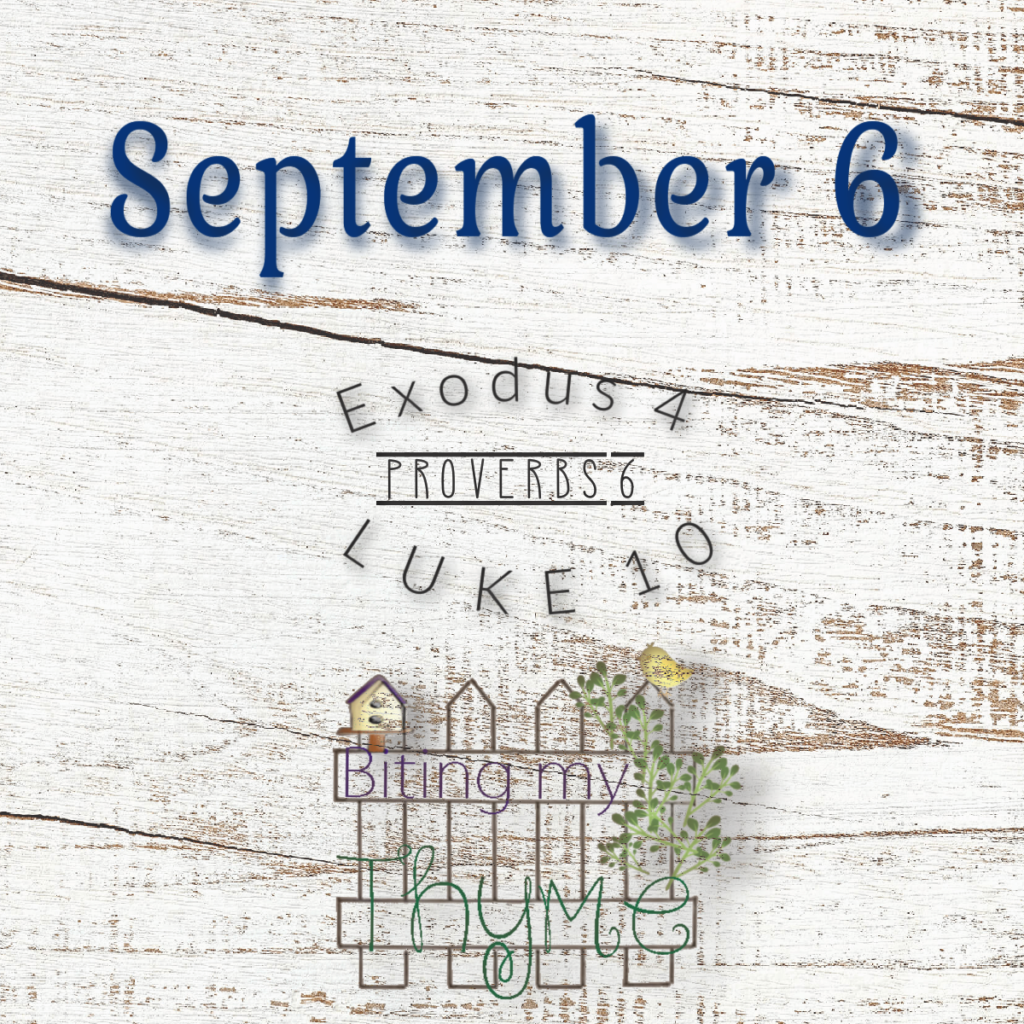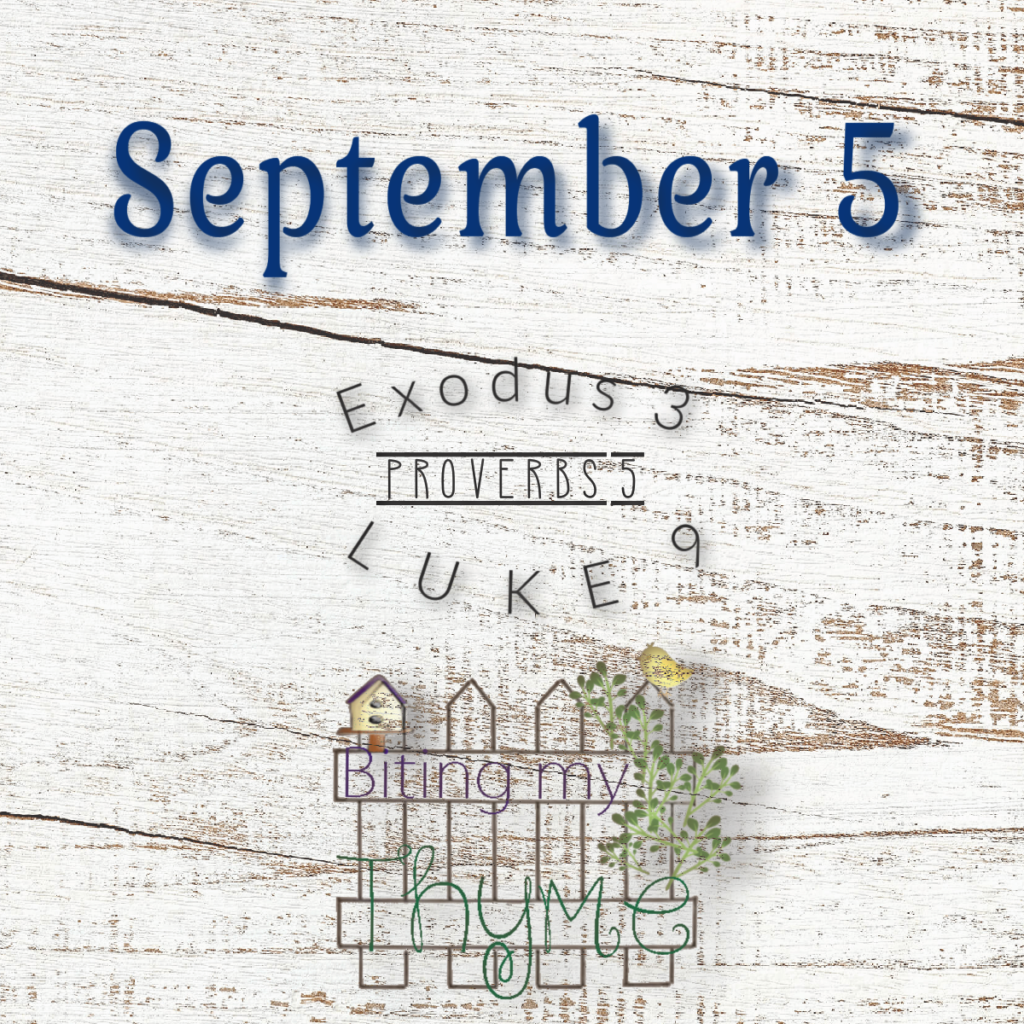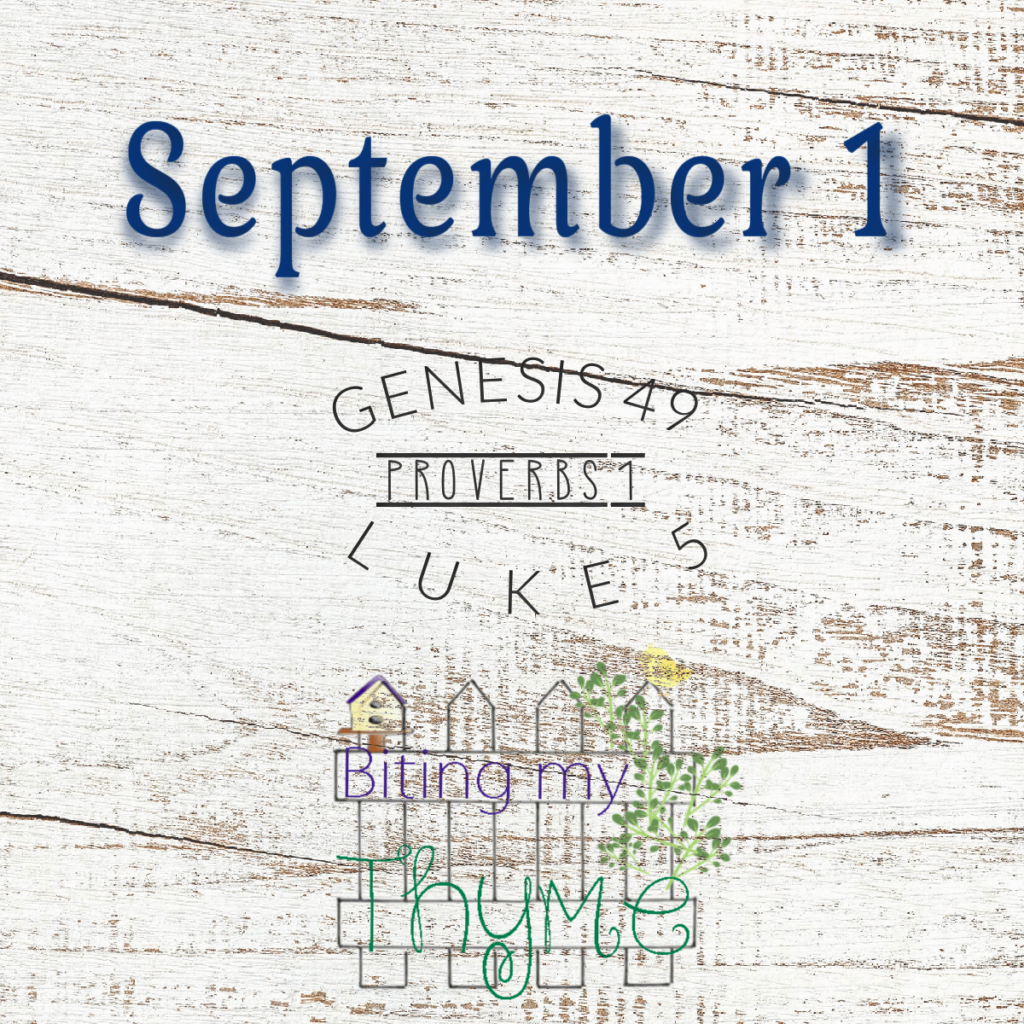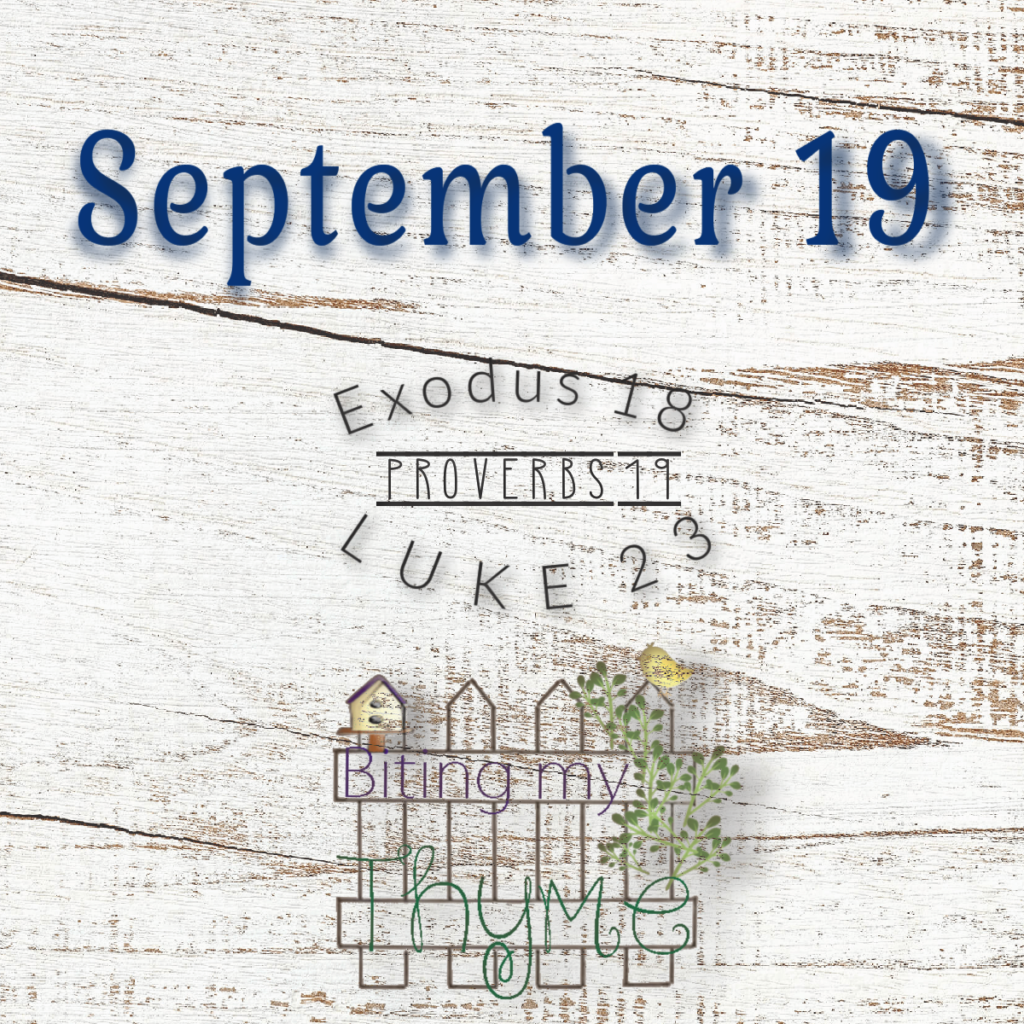
Message: Reading both Exodus 18 and Luke 23 really was really revealing of how much we try to view and understand God on our own terms. God was taking care of Israel in the wilderness and teaching them to obey and rely on him, but they were not seeing it that way at all. They were acting like victims and I wonder how much would have been different for them had they adjusted their perspective a bit. In Luke, Jesus was being mocked during his crucifixion because the people assumed that his refusal to save himself was because he couldn’t. They couldn’t fathom that he was allowing this. This crowd that had previously admired and followed him all over the place as he spoke to them and performed miracles had now turned on him completely and called for his death. They rejected him as their Messiah because he didn’t come on their terms. They wanted a Messiah who would power up, overthrow the government and make their lives better, but Jesus was not behaving the way they imagined their Messiah should.
Command: Remove my own expectations of who God is and how he should act.
Promise: God is unapologetically who he is and his ways far exceed any ideas I could possibly imagine.
Warning: If I concoct my own ideas of who God is and how he should be, it blinds me to who God actually is.
Application: Through this image of Israel I see my own tendency to create my own ideas of who God is or what an ideal plan should look like. Most of the time I don’t even realize that I’m doing it until I find myself in a place of disappointment. When I evaluate my disappointment I usually find that I had some sort of expectation of how something should or should not have happened. The disappointment is like a giant wedge blocking my affections toward God. I become bitter and distant, but even in that there is a sick form of denial because I know it isn’t right. It’s funny how self righteous I can feel reading about Israel and their defiance and rebellion, but not fully grasp how often I do the same thing. Lord Jesus, please deliver me from my own ideas so that I can see who you really are. Help me to discover you and love you for who you are. I thank you that you are unapologetically you!



